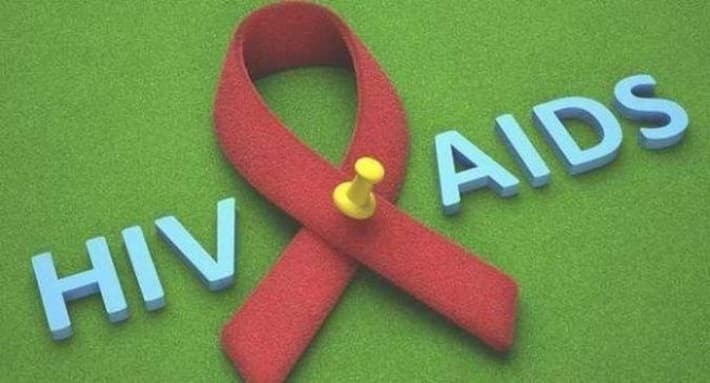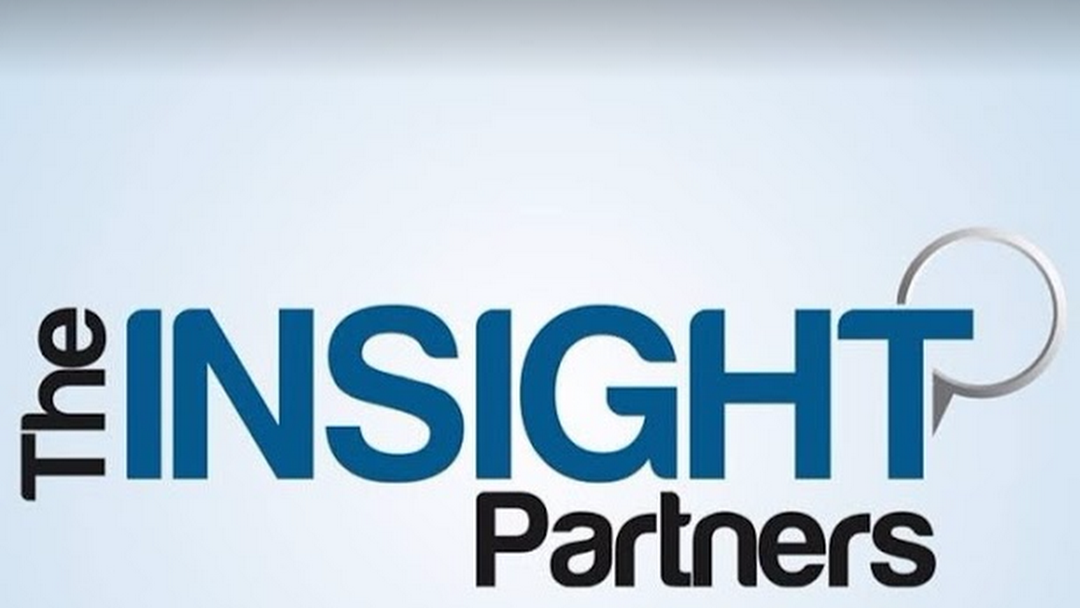Introduction
Welcome to a comprehensive exploration of Eating Disorder Dietician, Therapists, Specialists, and Anorexia Therapy. In this article, we delve into the expertise, compassion, and invaluable insights offered by professionals dedicated to the mental and physical health of those navigating the challenges of eating disorders.
Eating Disorder Dietician
Crafting Nutritional Harmony
Embarking on a path towards recovery requires more than just therapeutic interventions. Eating Disorder Dieticians play a pivotal role in creating personalized nutritional plans, ensuring individuals receive the essential nutrients vital for physical and mental well-being. By integrating cutting-edge nutritional science with empathy, these experts guide clients towards a healthier relationship with food.
Eating Disorder Therapist
Unraveling Emotional Complexities
The role of an Eating Disorder Therapist extends beyond conventional therapy. With a compassionate approach, therapists work closely with individuals to uncover the emotional complexities underlying their relationship with food. Through tailored strategies and evidence-based practices, they assist clients in fostering a positive mindset and building resilience against triggers.
Eating Disorder Specialist
Holistic Wellness Advocates
Diving deeper into the spectrum of eating disorders, Eating Disorder Specialist emerge as advocates for holistic wellness. Their expertise extends beyond a single modality, encompassing various therapeutic approaches. These specialists collaborate with dieticians, therapists, and medical professionals to provide integrated care that addresses both the physical and psychological dimensions of the disorder.
Anorexia Therapy
Nurturing Body and Mind
Navigating the delicate terrain of Anorexia demands specialized care. Anorexia Therapy goes beyond traditional approaches, focusing on re-establishing a healthy relationship with food while addressing underlying psychological factors. Therapists employ evidence-based techniques to guide individuals towards sustainable recovery, fostering self-love and resilience.
Personalized Approach to Recovery
Tailoring Strategies for Success
Eating disorders are inherently unique, requiring a personalized approach to recovery. Eating Disorder Dieticians, Therapists, and Specialists collaborate to craft individualized strategies. This collaborative effort ensures that clients receive multifaceted support, addressing both the physical and emotional aspects of their journey.
Breaking Stigmas: Embracing Support
Community Engagement for Healing
A crucial aspect of the recovery process is community engagement. Eating Disorder Dieticians, Therapists, and Specialists actively participate in awareness campaigns, breaking stigmas surrounding eating disorders. By fostering a supportive environment, these professionals contribute to the overall well-being of individuals seeking assistance.
Empowering Through Knowledge
Webinars, Workshops, and Beyond
Empowering individuals with knowledge is a cornerstone of the approach adopted by Eating Disorder Professionals. Engaging in webinars, workshops, and educational initiatives, they disseminate information, promote understanding, and create a network of support for those on the path to recovery.
Integrating Mindfulness
Cultivating a Positive Relationship with Food
Mindfulness is a powerful tool in the arsenal of Eating Disorder Therapists. Integrating mindfulness practices aids individuals in cultivating a positive relationship with food. Techniques such as mindful eating and meditation contribute to breaking destructive patterns and fostering a healthier mindset.
The Role of Families
Inclusive Support for Recovery
Recognizing that eating disorders impact not only the individual but also their families, professionals emphasize inclusive support. Eating Disorder Specialists collaborate with families, providing education and strategies to create a nurturing environment that facilitates recovery.
A Day in the Life: Understanding the Challenges
Narratives of Resilience
Delving into real-life narratives, this section sheds light on the challenges faced by individuals on their journey to recovery. Personal stories underscore the importance of the support provided by Eating Disorder Dieticians, Therapists, and Specialists in overcoming obstacles.
FAQs
Q: How do Eating Disorder Dieticians create personalized plans?
A: Eating Disorder Dieticians tailor plans by assessing individual nutritional needs, considering health history, and fostering a balanced relationship with food.
Q: What sets Eating Disorder Therapists apart?
A: Eating Disorder Therapists excel in unraveling emotional complexities, offering personalized strategies to foster a positive mindset.
Q: Are Eating Disorder Specialists only focused on therapy?
A: No, Eating Disorder Specialists advocate holistic wellness, collaborating with various professionals for integrated care.
Q: What distinguishes Anorexia Therapy from other approaches?
A: Anorexia Therapy focuses on re-establishing a healthy relationship with food while addressing underlying psychological factors.
Q: How do professionals collaborate in crafting personalized recovery strategies?
A: Eating Disorder Dieticians, Therapists, and Specialists work collaboratively, ensuring multifaceted support for clients’ holistic well-being.
Q: How can families support a loved one on the path to recovery?
A: Families play a crucial role by participating in education programs, fostering a nurturing environment, and providing inclusive support.
Conclusion
Embarking on the journey to recovery from an eating disorder is a multifaceted process. Eating Disorder Dieticians, Therapists, Specialists, and Anorexia Therapy form a dynamic support system, offering personalized care, education, and advocacy. By combining their expertise, these professionals pave the way for individuals to reclaim their lives, one step at a time.





